title image: Sam Ryder’s Twitter (@SamRyderMusic)
The United Kingdom is back on the map at the Eurovision Song Contest following Sam Ryder’s second-place finish last Saturday night with the anthemic “Space Man” – and today the Essex-born rocker capped a great week by climbing to the #2 spot in the UK singles chart. In doing so, “Space Man” achieves the highest chart position for an ESC song in the UK since Gina G’s “Just A Little Bit” reached #1 in 1996.
The ESC 2022 winner “Stefania” by Kalush Orchestra also made an appearance on the chart at #38, earning it a well-earned play on BBC Radio One.
Of course, the nature of the music industry nowadays means that “Space Man” will probably fall back down the charts as quickly as he arrived, rather than becoming a slow-burning hit like Gina’s song. But the impact of his result and his positive attitude towards the contest look set to resonate for a long time. It’s a remarkable reversal of fortunes, considering that the UK famously received a double zero in the contest just last year – and a ringing endorsement of the decision to team up with TaP Music and Parlophone in selecting and shaping this year’s British entry.
And on a personal note, it is such a relief to finally have some evidence of what British fans have been saying all along. No, “they” don’t all hate “us”. No, we wouldn’t finish last even if we sent Adele or Ed Sheeran. Quite the opposite, in fact: We’ve always said that European viewers and jurors consume tons of British music, and there’s a huge amount of goodwill out there towards our music scene. While that also means the expectations of a British entry might be slightly higher than for other countries, that should be taken as a challenge, not an inherent disadvantage. All the BBC has ever needed to do is send something with the quality to match those expectations – and this year, they finally, finally did.
Of course, now we’re seeing the other side of the coin: Complaints that “it’s all politics”, that the huge televote for Ukraine last Saturday somehow “denied” the UK its deserving victory. Some people are never satisfied…
Fortunately, beacon of positivity that he is, Sam himself has been at the forefront in congratulating Ukraine and ensure that their win is legitimised. And that’s only right. After all, as Felix touched upon in his post-contest blog, the televote for Ukraine wasn’t one of politics, but one of empathy. Any political act was committed by Russia with its invasion of sovereign Ukraine in the first place; the ESC result was Europe’s empathetic response. And if that means we leave the 2022 Eurovision season with a sense that there were multiple winners this year – Kalush Orchestra riding on a wave of public support, and the UK and Spain with their fans’ justified arguments that they would have won if this had been a “normal” year – well, is that really such a bad thing? There are 40 songs each year; it would be a shame for 39 of them to be considered losers.
So, despite my own reservations, it turns out my escgo! colleagues were right about “Space Man” and its potential. Yes, the BBC was arguably fortunate to find such a positive representative in Sam Ryder, but they also deserve credit for working with him to implement his vision rather than against him. From the promo tour to the audacious staging to the ESC edit of the song, complete with ridiculously OTT guitar solo (how exactly did they cram that much into three minutes?), the right choices were made for once. And regardless of whether this represents a true rebirth for the UK at Eurovision or simply an unrepeatable outlier, it feels like – that word again – a relief to at least have something to point at and say “see, it can be done.”
To end with a quote from one of Sam Ryder’s many television interviews this week: “Life’s too short to not enjoy Eurovision.” We couldn’t agree more.

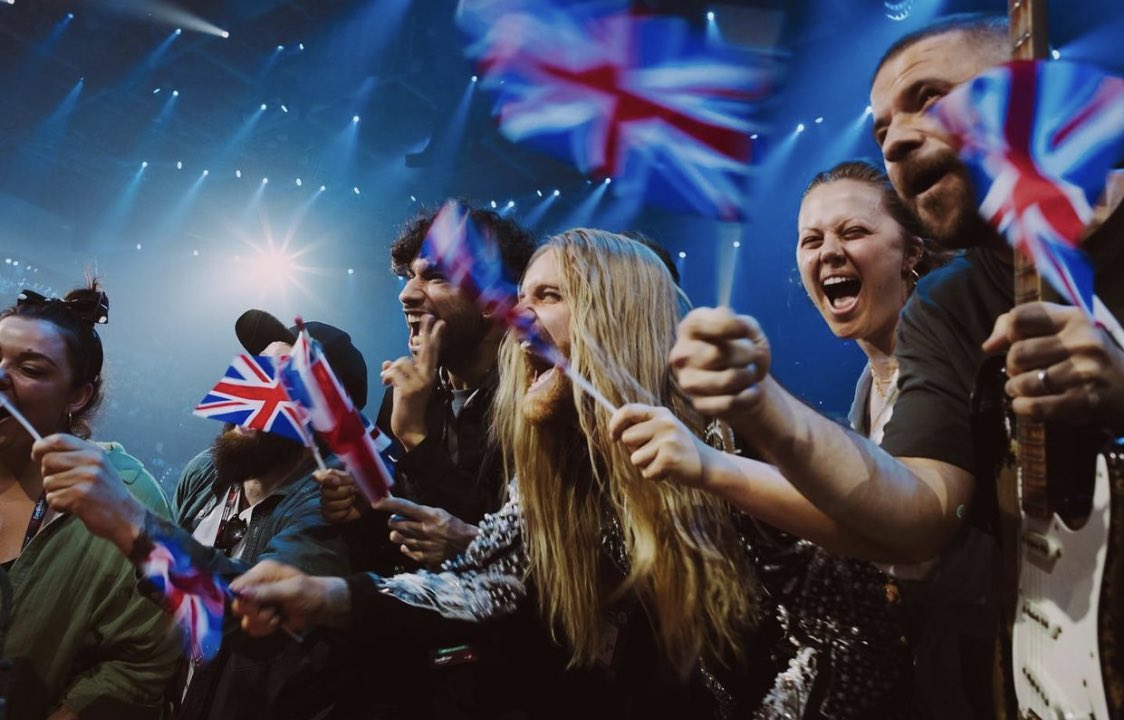
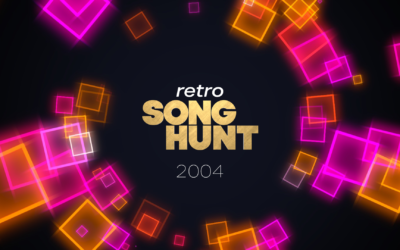
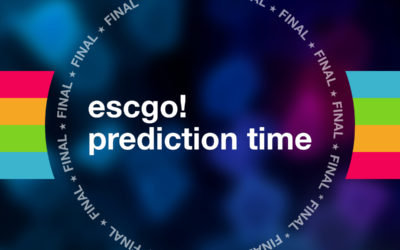
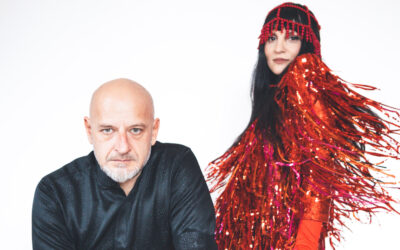

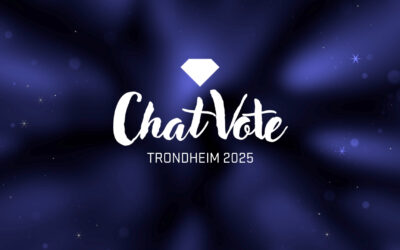
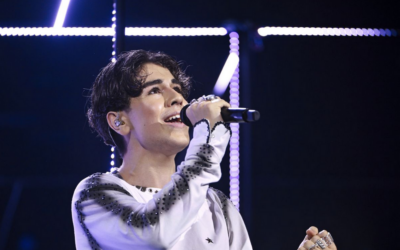

0 Comments